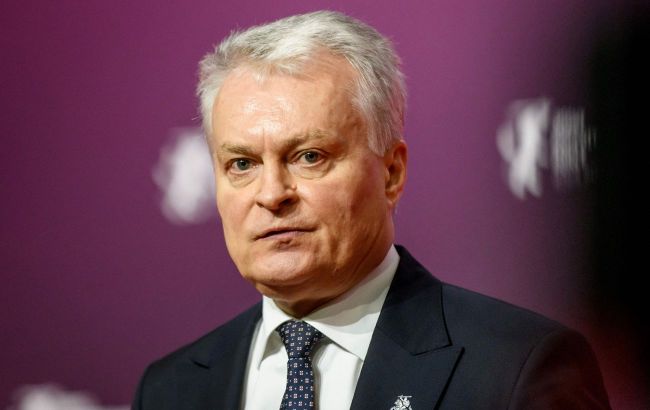During an online meeting of the European Council, Nausėda suggested appointing a concrete date for Ukraine’s EU membership and opening the first negotiation cluster as early as September 2025. He said such a step would be an important signal for Ukraine, adding that the country should be drawn into the negotiation process with a target accession date of 2030.
Nausėda also emphasized the importance of security guarantees for Ukraine, stressing that US support and the possibility of deploying peacekeeping forces had always been key conditions. After the August 18 meeting in Washington, he noted, this prospect now appeared realistic.
In addition, the Lithuanian President urged punishment for Russia over the war in Ukraine and warned against easing pressure on the Kremlin. He said the 19th package of sanctions should be adopted without delay. Nausėda added that a just and lasting peace would not be possible if Russia remained unpunished, and that frozen Russian assets must be used for Ukraine’s needs.
EU accession talks
On May 21, Ukrainian President Volodymyr Zelenskyy said the country was ready to begin negotiations on EU membership, but Hungary’s veto remains the only obstacle.
Hungarian Prime Minister Viktor Orbán, a close ally of Russian leader Vladimir Putin, has repeatedly claimed that Ukraine’s accession would destroy Hungary and drag the EU into war with Russia. For this reason, pro-Russian Hungary continues to block Kyiv’s membership.
Security guarantees for Ukraine
At the White House on August 18, allies discussed the possibility of offering Ukraine security guarantees modeled on NATO’s Article 5, but outside the Alliance framework.
Donald Trump said the US would take part in such guarantees, though most of the burden would fall on European partners. He ruled out sending American troops to Ukraine.
Meanwhile, the Coalition of the Willing announced readiness to deploy deterrence forces. Zelenskyy stressed that details of the future guarantees were expected to be finalized within the next 10 days, while French President Emmanuel Macron said the next two weeks would be critically important.
